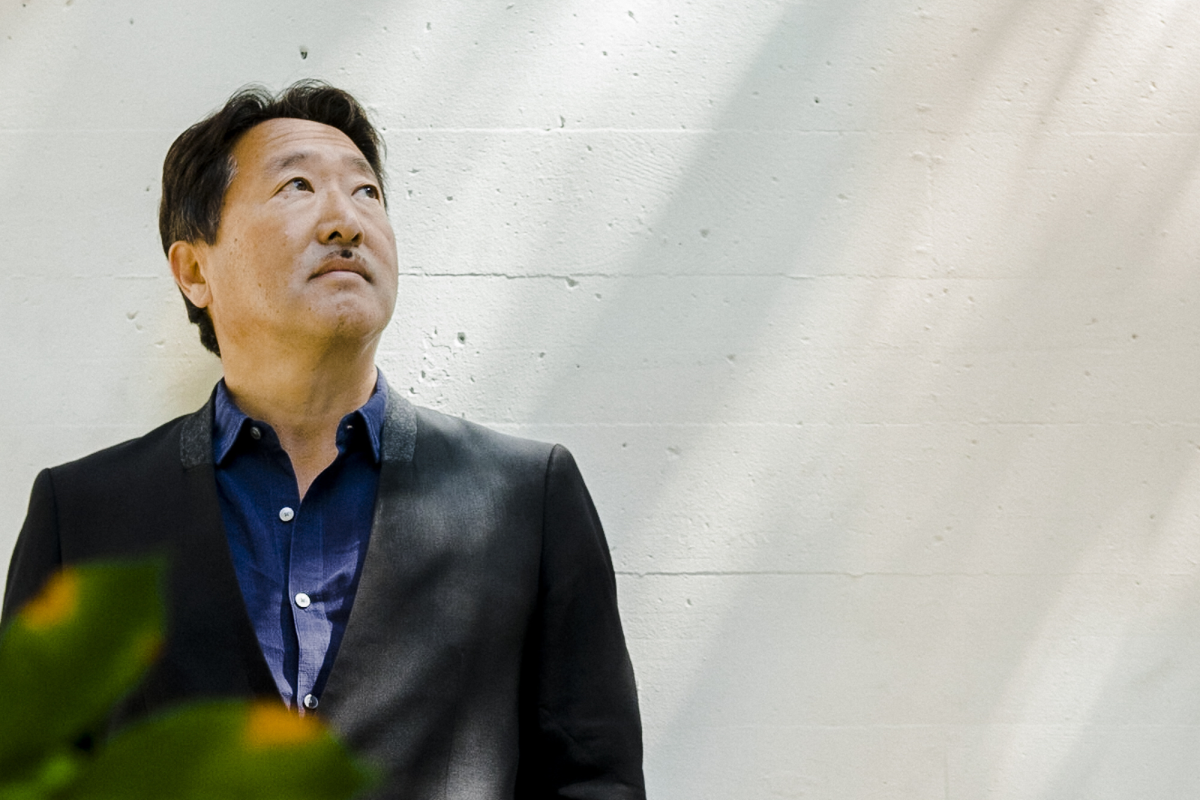Whether it’s the nation’s first Gold LEED-certified museum in Michigan or luxury “hideout huts” for a resort in Cambodia, architect Yo-ichiro Hakomori aspires to make a connection with the natural environment, to maximize sustainability and to inspire community.
“My work prioritizes environmentally responsible design, while creating places that are inspirational and move the human spirit,” said Hakomori, founder of the award-winning firm StudioHAU and professor of practice at the USC School of Architecture.
His current projects — a residence in the Yucca Valley and the Berkshire Museum — also reflect that philosophy of design in harmony with nature. It’s a philosophy inspired by the aesthetics of Modernism — emphasizing functionalism and minimalism — and the spirituality of Shintoism — the belief that spirits exist in natural things.
Furthermore, Hakomori’s commitment to sustainability can be seen in buildings that work symbiotically with natural forces toward a goal of net zero energy consumption.
“It’s about how you can control sun infiltration, how you can allow natural ventilation to help with cooling, and how you can collect and use water to help with the reduction of usage of potable water,” he said.
